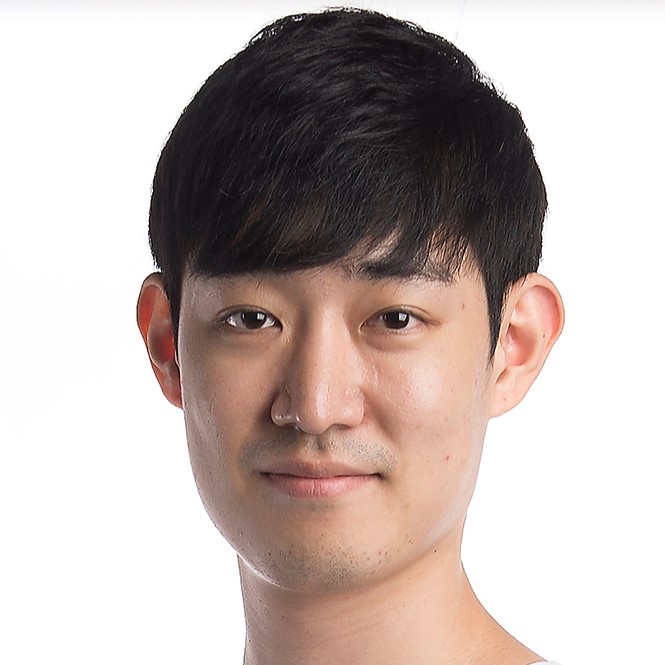
There has been a lot of discussion recently about Suga’s drunk driving incident, raising the question of whether the global K-pop star deserves the level of criticism he has received.
Opinions on the issue are particularly divided among local and international fans of Army, BTS’ dedicated fanbase.
Suga drove an electric scooter under the influence of alcohol, registering the highest blood alcohol concentration level ever reported in a DUI (driving under the influence) case involving K-pop singers. Police confirmed Suga’s BAC as 0.227 percent, far exceeding the second highest, Kangta of H.O.T., at 0.102 percent, and the third highest, Shin Hye-sung of Shinhwa, at 0.097 percent.
Some international fans argue that Suga’s case is different because he was riding an electric scooter under the influence, not a car. However, under Korea's Road Traffic Act, electric scooters -- not to be confused with electric kick scooters -- are classified as vehicles and are therefore subject to the same penalties as those who drive cars under the influence.
Music critic Kim Do-heon suggests that the differing perspectives on DUI cases held by those in Korea and other countries, coupled with the application of high moral and ethical standards on celebrities, contribute to the divide on the issue.
“Until recently, Korea was relatively lenient on drunk driving. However, with the increasing number of (high profile) drunk driving incidents in the country and the renewed attention to the secondary damage often associated with such cases, awareness of the dangers of drunk driving has grown. This critical perspective is particularly intensified when applied to celebrities, who are often held to higher moral standards here,” Kim said on Monday.
“While there are also critical voices against drunk driving in severe cases abroad, the moral expectations placed on public figures do not seem to be as stringent as those in Korea,” Kim added.
There is also concern that the pressure on Suga could lead to a similar outcome as that of the late actor Lee Sun-kyun, who ended his life amid a highly publicized investigation into allegations of drug use.
However, Kim points out that Lee’s case involved adultery as well as illegal drug use, both of which are much more heavily scrutinized in Korea than in the west.
“Lee Sun-kyun faced significant pressure when his scandal broke out, particularly due to allegations of infidelity, which played a major role in his situation. While such private matters are often not heavily scrutinized abroad, in Korea, they can have serious repercussions, especially for public figures," Kim said.
With the recent introduction of stricter laws against drunk driving in Korea, there is a growing trend to severely condemn such behavior, reflecting the country's evolving stance on moral and legal issues, Kim added.
But local entertainment companies question the validity of harsh criticisms directed at K-pop singers.
“Driving a scooter under the influence during a period of social service is an inexcusable mistake. While acknowledging the wrongdoing from the start, however, there are questions about whether it is appropriate for the media to subject him to excessive scrutiny, such as placing him in a police photo line, merely because he is a global star,” a local entertainment company official said Monday.
Social media also play a role in further amplifying issues involving K-pop idols, spreading false reports in some cases.
Professor Lee Jong-im of Seoul National University of Science & Technology argues that significant changes are needed.
“As the media environment evolves, the abundance of information channels is both a benefit and a challenge. While users have access to more information, they tend to focus on topics of interest, often gravitating toward sensational stories,” Lee said on Monday.
“To attract attention, media outlets increasingly produce scandal-driven content, particularly those involving celebrities. This trend should be discouraged. Both consumers and fans need to shift away from supporting such content and instead prioritize accurate and reliable information. The media must also adapt its reporting practices, especially considering recent tragic incidents related to excessive scandal coverage,” Lee added.






![[Weekender] Korea's traditional sauce culture gains global recognition](http://res.heraldm.com/phpwas/restmb_idxmake.php?idx=644&simg=/content/image/2024/11/21/20241121050153_0.jpg&u=20241123224317)










![[More than APT] Residents, architects together design homes](http://res.heraldm.com/phpwas/restmb_idxmake.php?idx=652&simg=/content/image/2024/11/24/20241124050036_0.jpg&u=)
